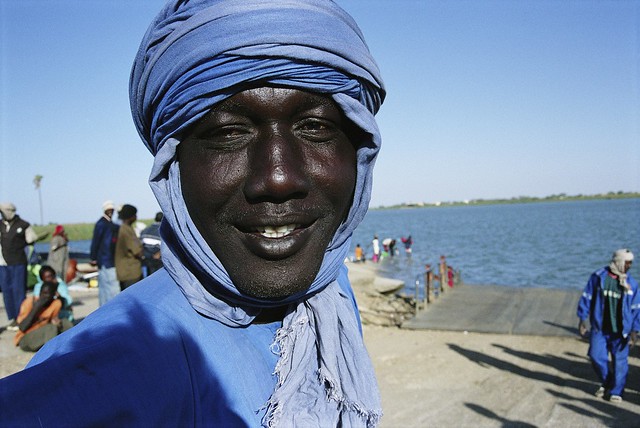A coastal country in West Africa, Guinea shares borders with six countries (Guinea-Bissau, Senegal, Mali, Sierra Leone, Liberia, and C?te d¡¯Ivoire) and had a population of 14.53 million in 2024. Agriculture is the country¡¯s largest employer and plays a key role in poverty reduction and rural development, providing income for 57% of rural households and employment for 52% of the labor force.
In addition to agriculture, mining is another major source of revenue for Guinea, accounting for the bulk of export earnings and approximately 18% of GDP. The Simandou 2040 program¡ªone of the country¡¯s largest mining projects¡ªillustrates this dynamic. With an estimated US$20 billion in investments currently being implemented, the project has already created thousands of jobs during the construction phase. The government is currently developing the Simandou program with the primary objective of using the project as a lever during the exploitation phase to diversify Guinea¡¯s economy, foster inclusive growth, and sustainably reduce poverty.
Political Context
On April 1, President Mamadi Doumbouya announced that the constitutional referendum would be held on September 21, 2025. The announcement came as the government had just received an initial shipment of electoral materials, including the first biometric kits for citizen registration.
The Prime Minister has repeatedly reaffirmed that all elections will take place in 2025, paving the way for a return to constitutional order. However, one of the main challenges remains the establishment of the electoral register, a process that is still ongoing.
As part of an institutional reform aimed at restoring state authority, the government has launched a review of the political party registry and is regulating internal party functioning, following a 90-day period of observation, suspension, and evaluation.
On March 28, the President granted a presidential pardon to former junta leader Moussa Dadis Camara for health reasons. Convicted in July 2023 and sentenced to 20 years in prison for crimes against humanity related to the 2009 massacre, he has now been released¡ªa decision that has divided public opinion. Some view it as a gesture in favor of national reconciliation, while others see it as politically motivated.
This decision comes amid a tense socio-political climate marked by restrictions on civil liberties, arrests, and disappearances of political opponents and civil society members. The government maintains that investigations are underway, but concerns remain over the transparency of the process and its commitment to safeguarding freedom of expression.
Economic Context
- Driven primarily by investment, Guinea¡¯s economy grew by 5.7% in 2024 (3.1% per capita), up from 5.5% in 2023, despite the explosion of a fuel depot in December 2023.
- Annual inflation (measured as inflation in the capital) rose to 8.1% in 2024 due to the temporary impact of the depot explosion. However, after peaking at 9.3% in January 2024, inflation gradually declined to 6.4% by December.
- Despite an increase in revenues, higher investment spending and interest payments widened the fiscal deficit to an estimated 3.0% of GDP in 2024, compared to 1.8% in 2023. Public debt also rose, reaching 42.1% of GDP, up from 41.4% the previous year.
- Although GDP per capita increased by 3.1%, the poverty rate (defined as living on less than US$3.65 per day, 2017 PPP) rose slightly to 51.9%, driven by higher inflation and insufficient job creation in the non-mining sector.
- Inflation is expected to decline to an average of 7.0% over 2025¨C2027, while GDP growth is projected to reach 6.2% in 2025 and average 10.1% over 2026¨C2027, mainly driven by the mining sector, particularly with the launch of new iron ore production in 2026.
- Downside risks include uncertainties surrounding the political transition timeline, which could lead to social instability and delay reform implementation. Additional risks stem from global trade uncertainty and commodity price volatility. Adverse weather conditions could also impact infrastructure and slow production. Conversely, faster reform implementation could boost growth.
Last Updated: Apr 09, 2025







